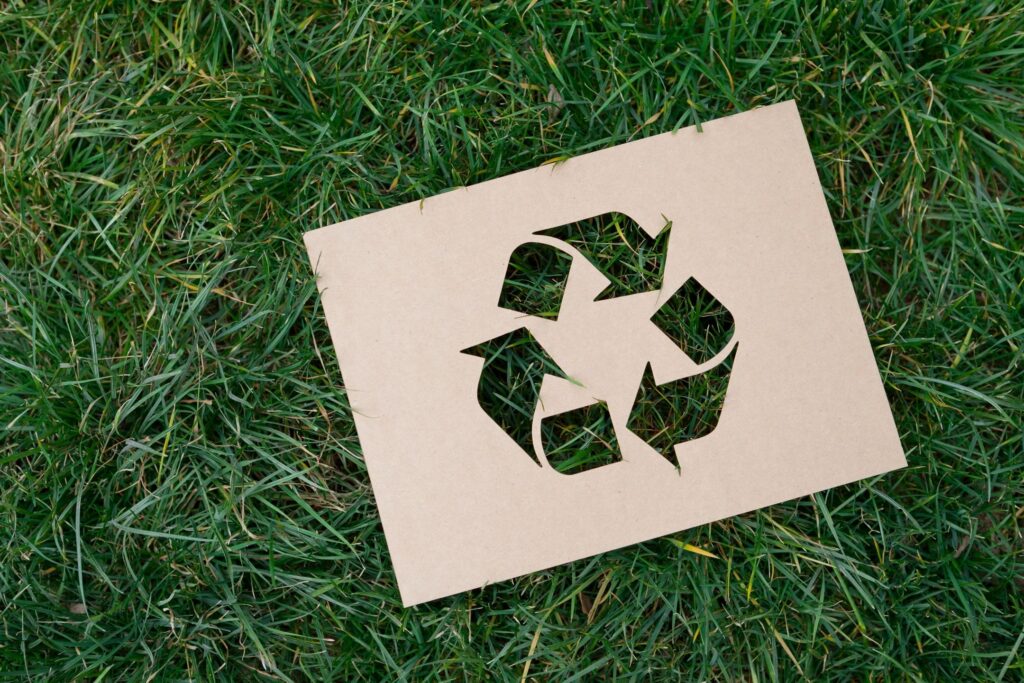Media

The Future of Clothing Recycling: A Look at Innovative Tech Solutions
The future of clothing recycling is poised to be revolutionized by innovative tech solutions. As the fashion industry grapples with its environmental footprint, technological advancements are stepping in to offer sustainable alternatives. This article explores the exciting frontier of clothing recycling, where science and style intersect to create a greener future. Textile waste is a significant issue. The Environmental Protection Agency estimates that textile waste occupies nearly 5% of all landfill space.
You’re probably recycling plastic wrong. And it’s not your fault
You finish a drink from a red Solo cup, and before throwing it out, you check the bottom of the cup to see the iconic recycling symbol. That means it can be tossed in the recycling bin, right? Wrong. Solo cups are made of polystyrene, a plastic that is very difficult to recycle. No one can fault consumers for not knowing that. The real blame lies with the government, which has failed to properly regulate claims that plastics manufacturers put on their products.

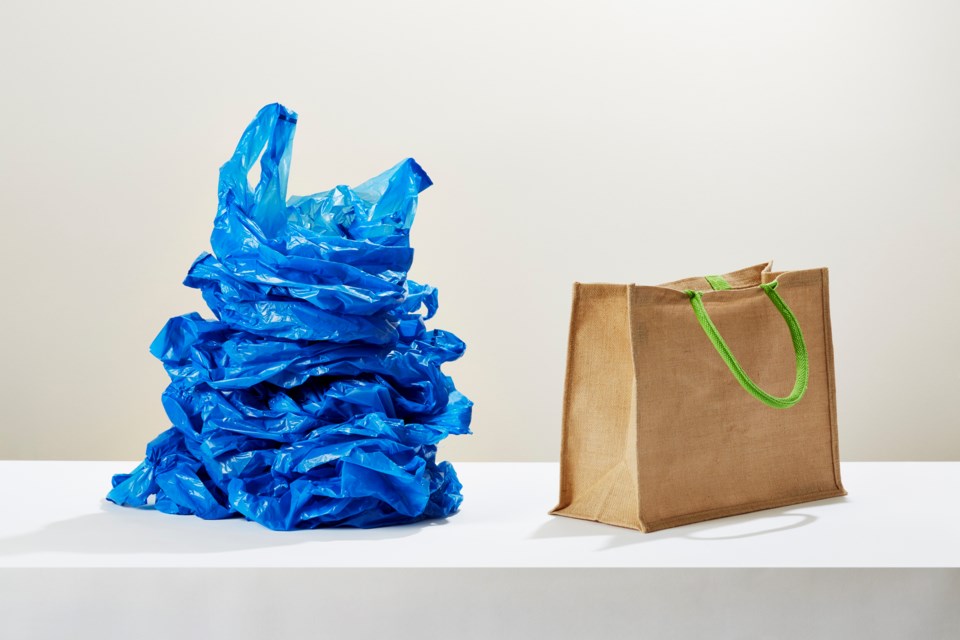
Canada stops manufacture and import of single-use plastics
The ban will cover single-use plastics including checkout bags, cutlery, food service ware, ring carriers, stir sticks and straws, the federal government stated in a news release published on June 20. While the ban on manufacture and import of single use plastics began Dec. 27, the sale of these items will be prohibited as of Dec. 2023 to reportedly allow Canadian businesses in Canada enough time to transition, and deplete their existing stocks, according to the government’s website.
Ontario consumers to pay new recycling fee on pop cans and other beverages starting April 1
Recycling system changes made by Doug Ford government allow new “pop can tax.” The itemized fee will likely be passed down to consumers from organization backed by Canada’s largest food and beverage companies. An organization backed by some of the largest food and beverage companies in Canada is set to impose a new recycling fee on Ontario consumers, according to documents obtained by the Star — a move made possible by a new recycling system introduced by Doug Ford’s provincial government.
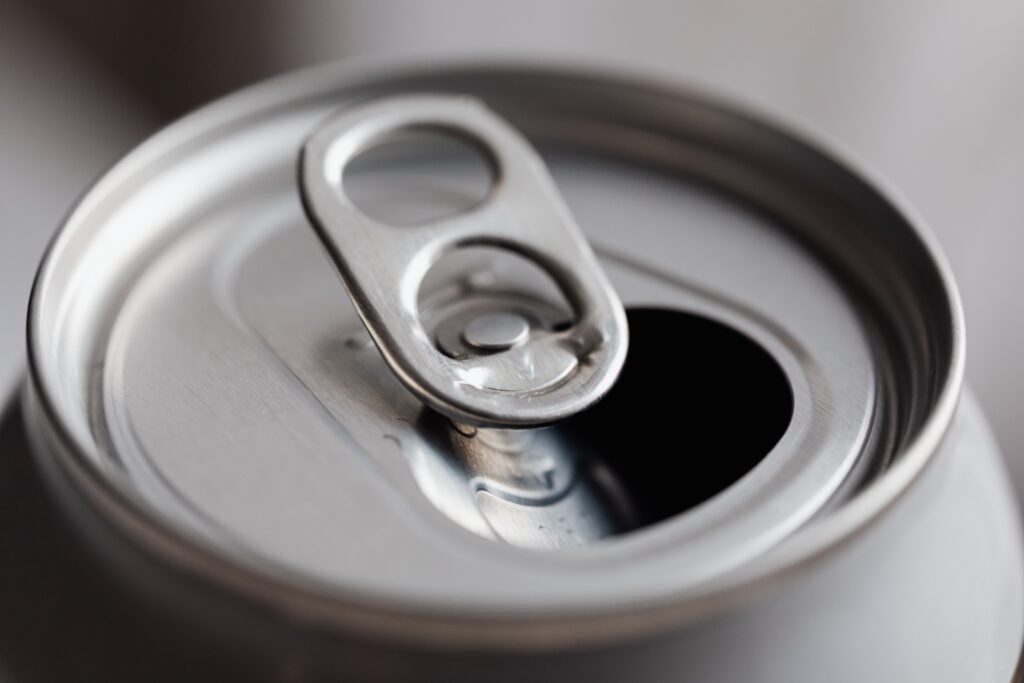
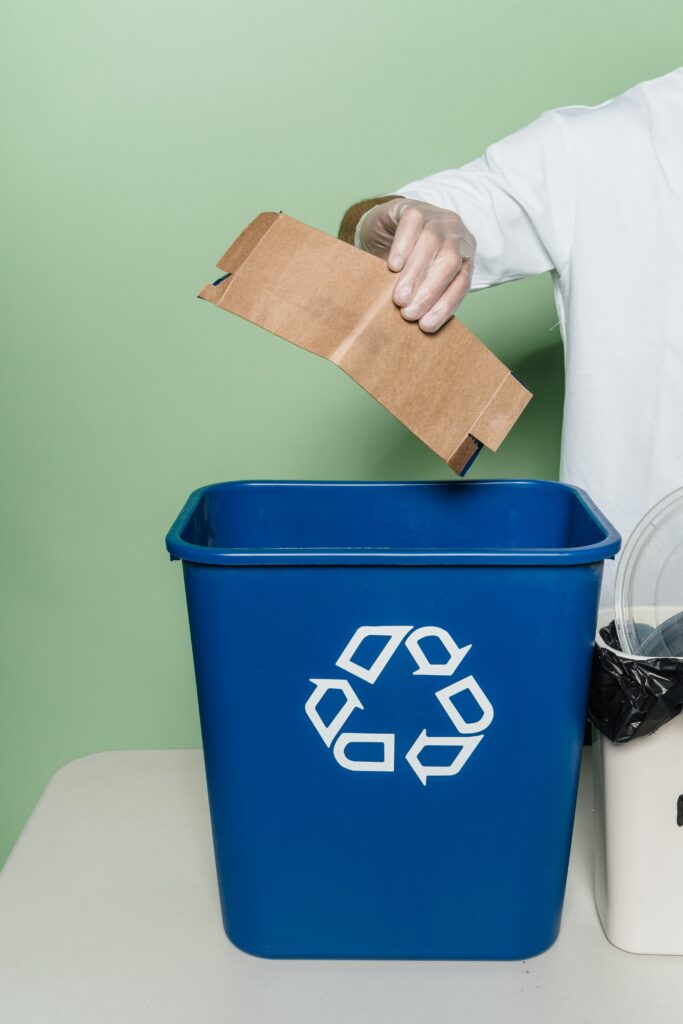
New provincial recycling regulations could take a bite out of blue bin fees
A Calgary city councillor is seeing years of behind-the-scenes work come to fruition as the province rolls out a new program placing more responsibility on manufacturers for the waste they create. Earlier this month, Alberta enacted a new regulation known as Extended Producer Responsibility that puts the physical and financial burden of collecting, sorting, processing and recycling waste on the producer, rather than on municipal governments and citizens.
Canadian food waste program wins international sustainability award
Circular Innovation Council’s solution was selected out of 251 practices from 133 cities around the world—the largest number of submissions received by the Milan Pact Awards to date. The Milan Pact Awards promote actions on developing sustainable food systems that are inclusive, resilient, safe and diverse, that provide healthy and affordable food to all people in a human rights-based framework, that minimize waste and conserve biodiversity while adapting to and mitigating impacts of climate change.
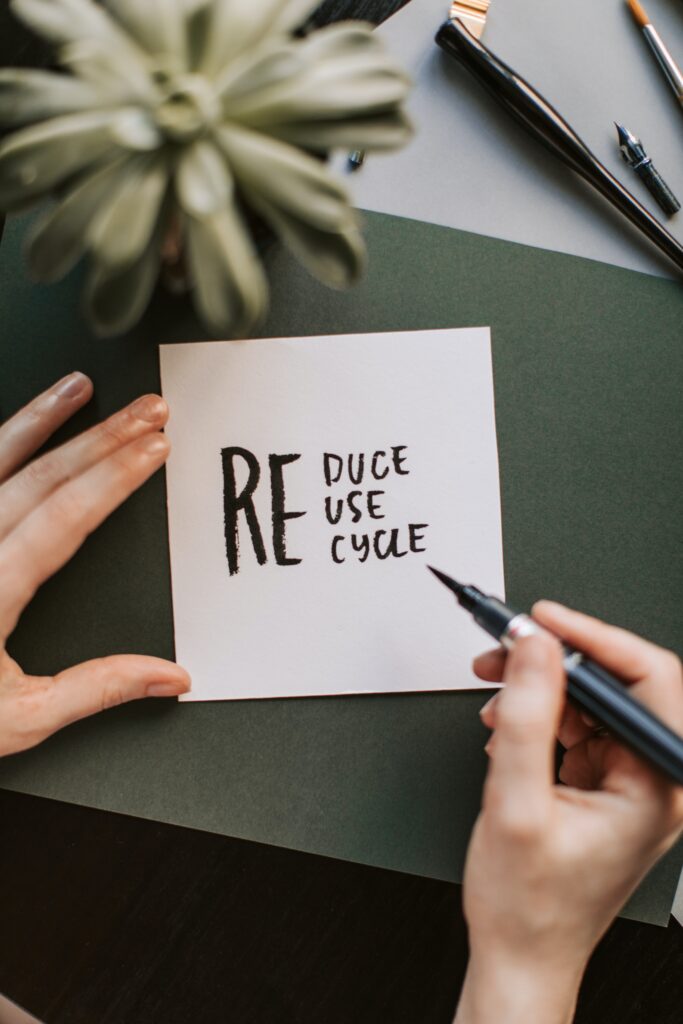
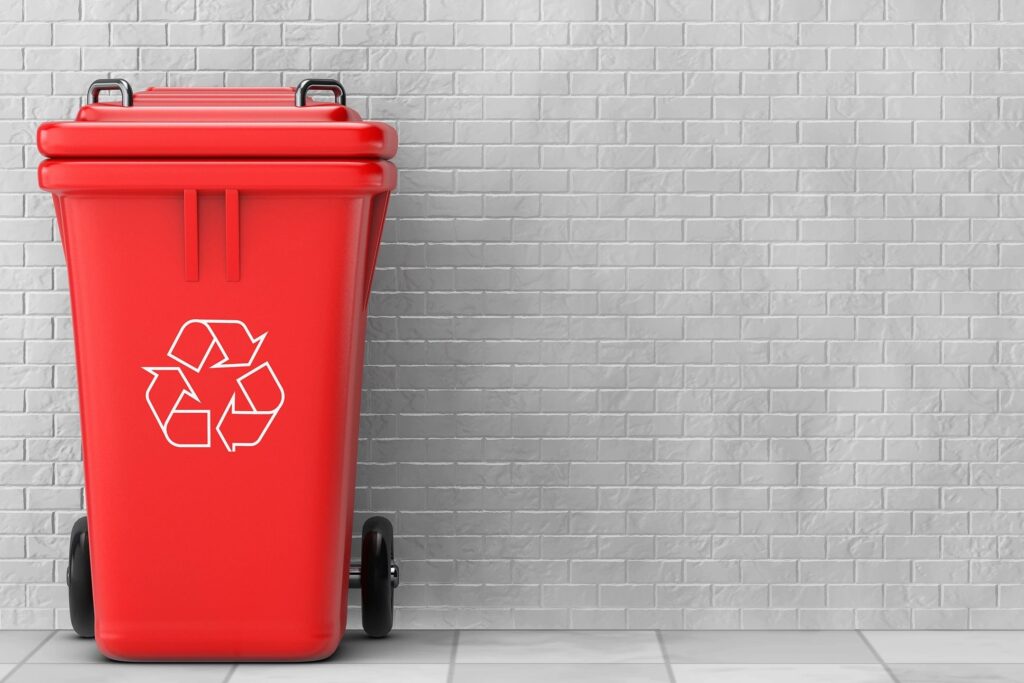
Funding boost gives used plastics new lease on life
British Columbians deeply value our environment, and we all want to find solutions to keep plastics from polluting our lands and waterways,” said George Heyman, Minister of Environment and Climate Change Strategy. “By reducing plastic waste at the source through systems that reuse items and by including more recycled material in the manufacturing of products, our government is helping keep more plastics out of landfills and ecosystems, creating a better future for all of us while growing the circular economy.”
Government of Canada takes next steps forward on better plastic recyclability
New labelling rules would prohibit the use of the chasing-arrows symbol and other recyclability claims on plastic products unless at least 80 percent of Canadians have access to recycling systems that accept and have reliable end markets for these products. Without these features, plastic products cannot be reprocessed and reintroduced to the market as part of a circular economy. Labelling rules would also regulate the use of terms such as “compostable” and “biodegradable” on plastic products, requiring them to be certified by a third-party organization.
